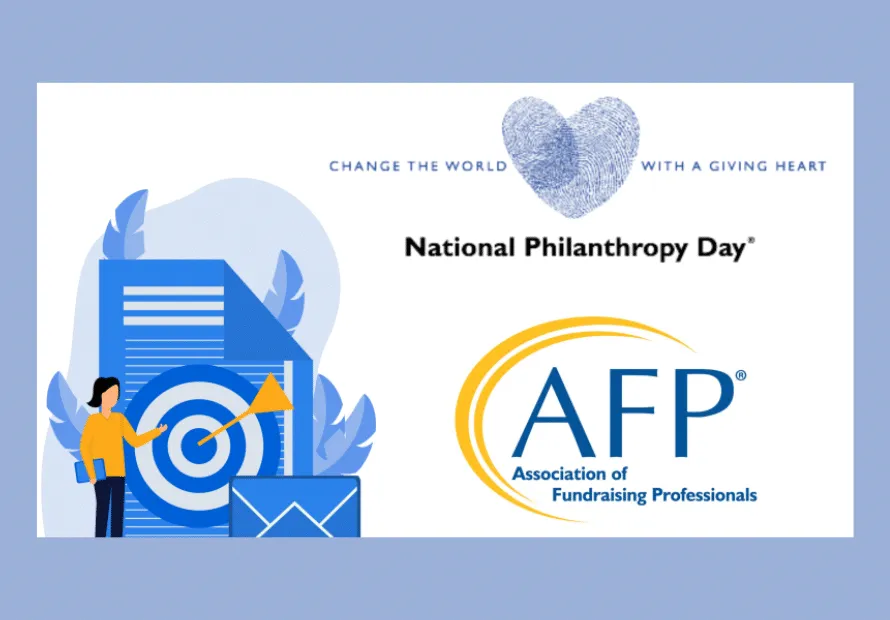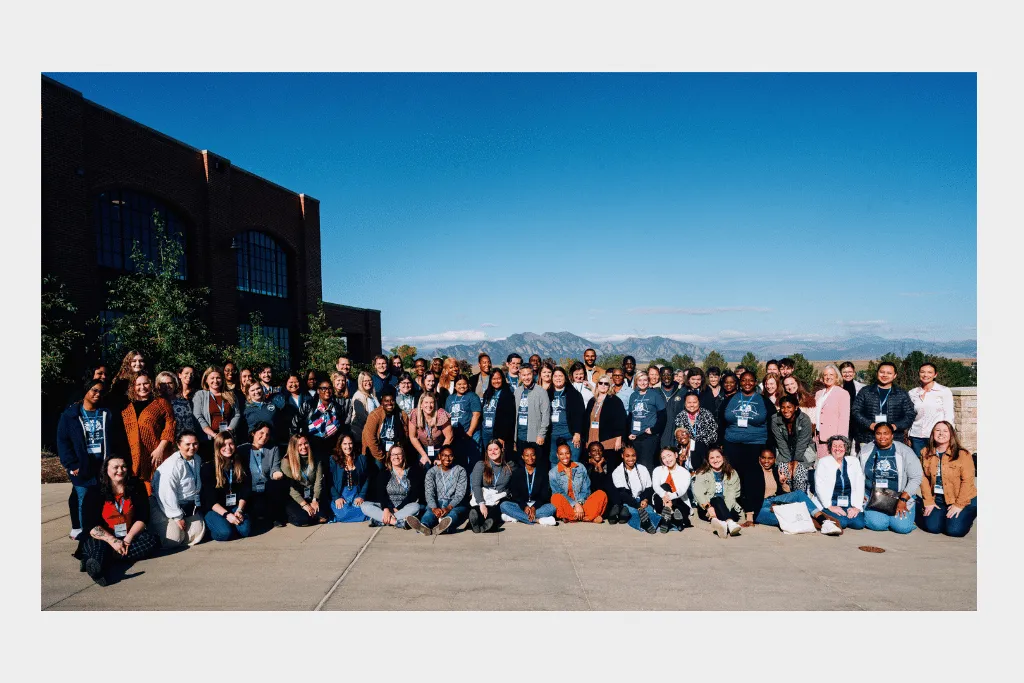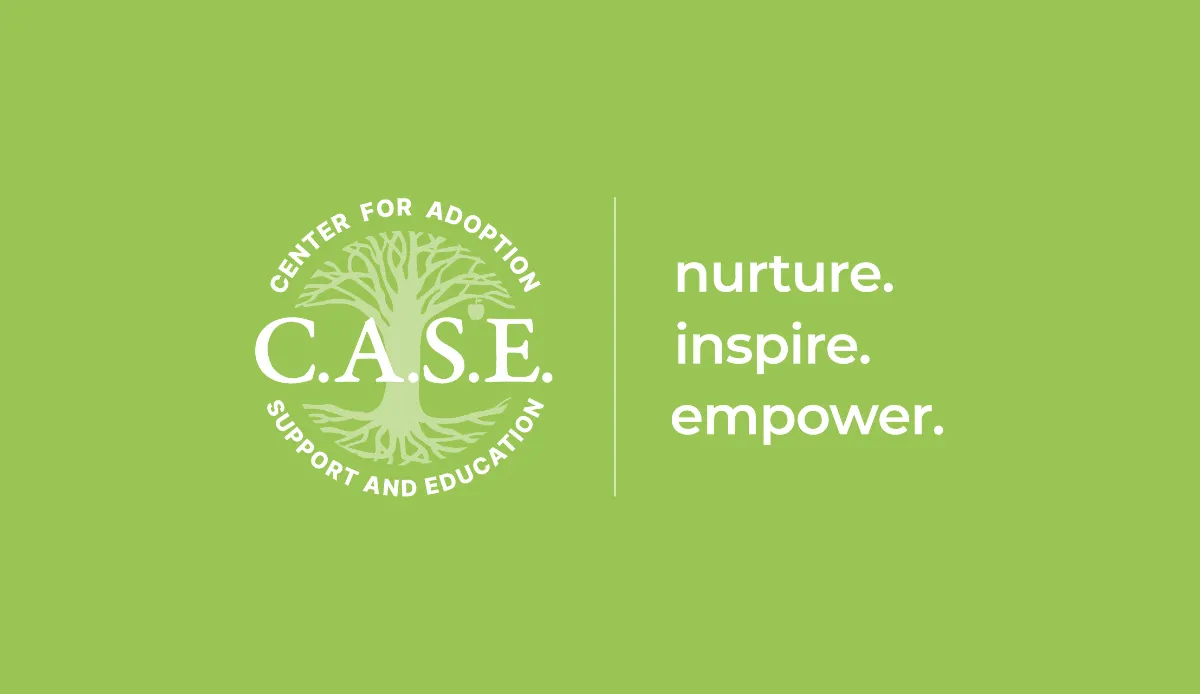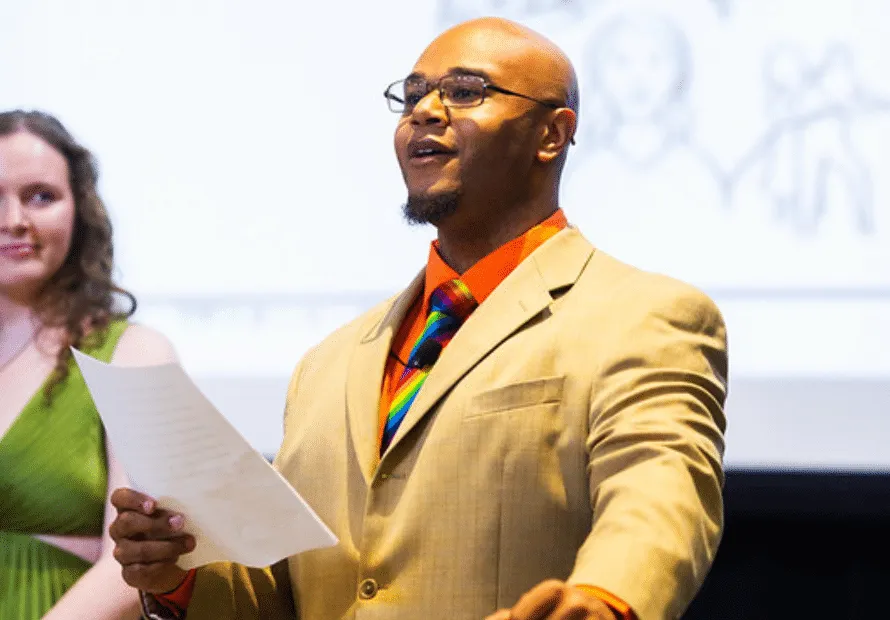The Hidden Grief of Caregiving: You’re Not Alone
The Hidden Grief of Caregiving: You're Not Alone
As foster, adoptive, or kinship parents, you may have been trained to help children in your care navigate grief and loss. While supporting their healing is essential, it’s just as important to recognize your own experiences. Many caregivers also carry feelings of grief and loss, yet these emotions often go unacknowledged.
Maybe you are a grandparent who is now parenting your young grandchild and grieving the loss of the life you envisioned for yourself. Maybe you are a parent who had to unexpectedly give up a career because your child requires so many medical appointments, therapies, and school meetings. Maybe it is the loss of family dinners, or family vacations don’t look the way you expected now that you care for a child with big emotions and behaviors. Maybe your child pushes you away despite your efforts to bond with them, and you’re grieving the idea of a relationship with them. It might be the loss of friends and family members who do not understand your parenting choices or how your child is impacted by trauma. The list could go on, but however you experience loss or grief, know that you are not alone.
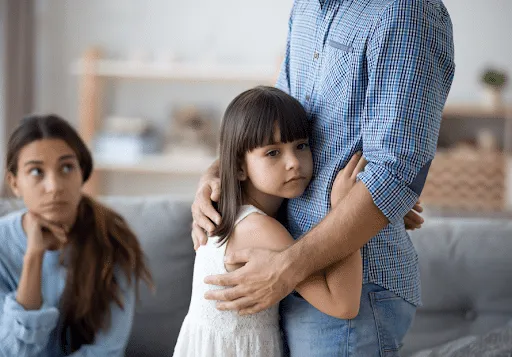
When you know your child has experienced trauma, it can be difficult to validate your own feelings. Some parents wait many years to welcome a child into their family. This can make it difficult for parents to be vulnerable and vocalize their struggles. At times, this can lead to negative feelings toward their child, including a lack of empathy. It’s important to remember that experiencing grief and loss after a child is placed in your home does not mean that there is something wrong with you or that you are not a good parent. Parenting is hard, especially when you are parenting a child from hard beginnings – even if you thought you were prepared.
Feelings of resentment, being burnt out, chronically overwhelmed, ashamed, and isolated are just a few signs of blocked care. Melissa Corkum and Lisa C. Qualls, authors and cofounders of Adoption Wise, define blocked care as “a self-protective mechanism in a parent’s nervous system activated by excessive stress. This suppresses the higher brain functions needed for caregiving and the accompanying loving and empathetic feelings. As a result, your nervous system develops a defensive stance toward your child. You are still providing good care to your child, but your heart seems to have left the relationship. But there is good news: you can overcome blocked care and find your way back to the parent you long to be.”
Foster, adoptive, and kinship parents face unique challenges that others may not be able to fully understand if they have not faced similar experiences themselves. It can feel lonely and isolating. You are not alone and there are people who can help support you through this season of your life. At Center for Adoption Support & Education. we offer adoption-competent therapy, post adoption support services, and support groups. We can walk with you through the joys and challenges of adoption.

